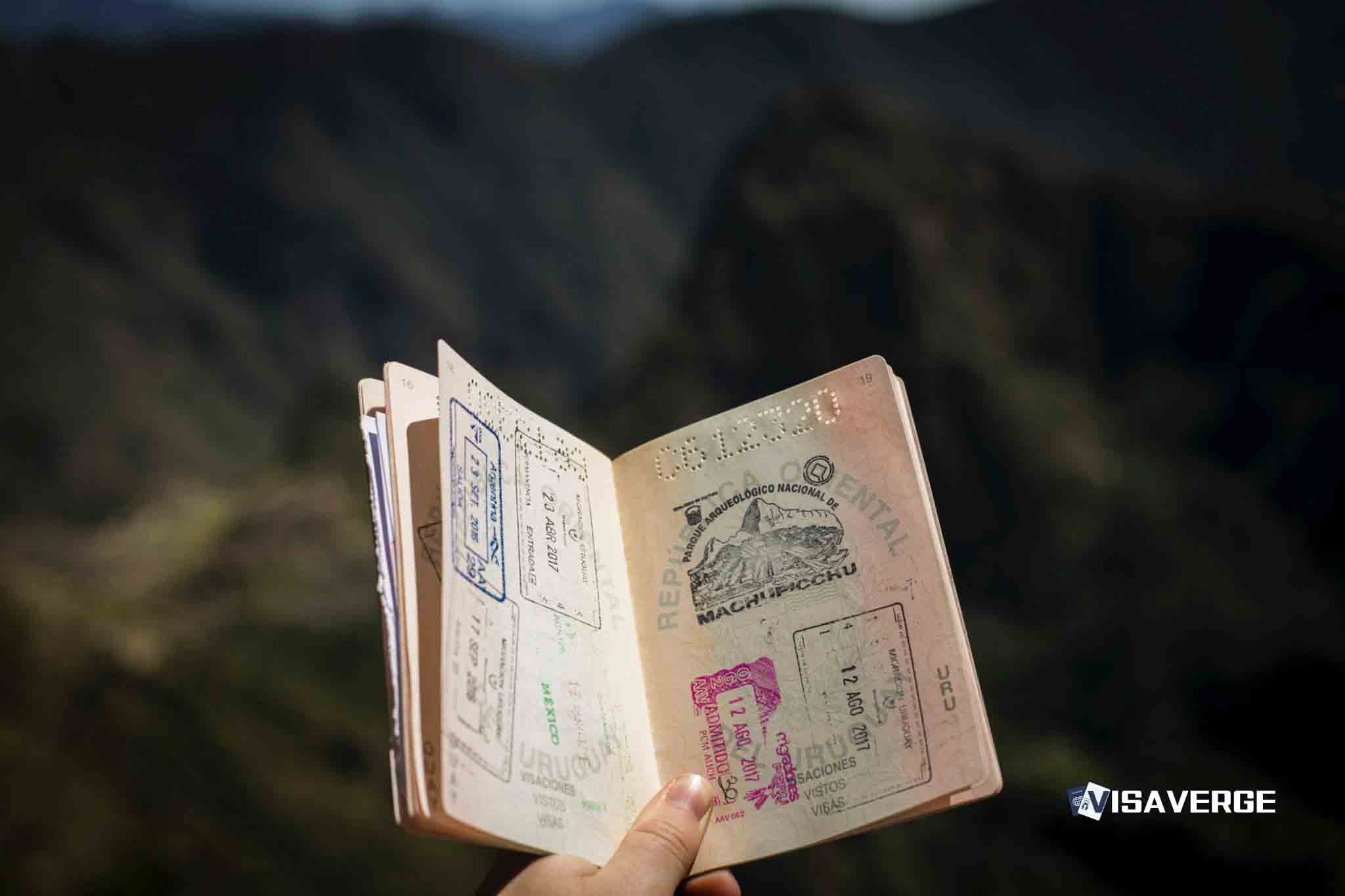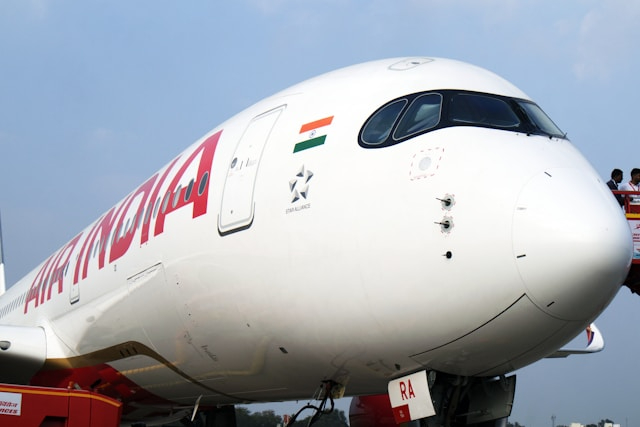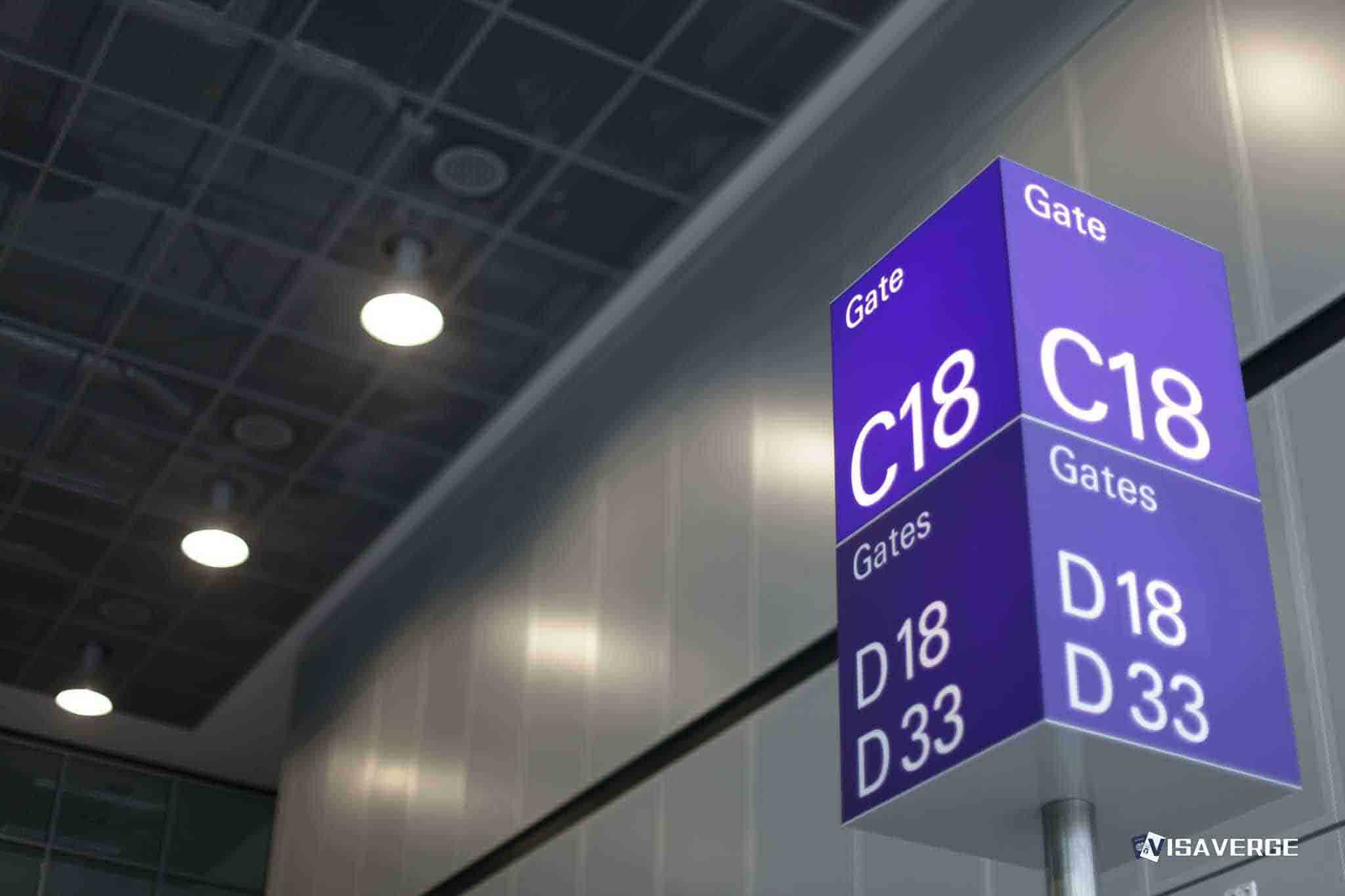Hundreds of Indian nationals living in Spain have been stranded for over six months because of severe passport renewal delays at the Indian Consulate in Spain, with many of the worst-hit from Punjab. As of August 18, 2025, routine re-issuance cases that usually finish in 4–8 weeks have stretched far beyond that window, leaving people unable to travel, renew work contracts, or prove identity for healthcare and banking. Advocacy groups call it a “humanitarian emergency,” and pressure is building on New Delhi and the mission in Madrid to clear the backlog.
The North American Punjabi Association (NAPA) says its volunteers are tracking urgent medical cases, family crises, and students afraid of losing residency because their passports are expired or damaged. Satnam Singh Chahal, NAPA’s executive director, described people deprived of basic rights and exposed to risk abroad. Malvinder Singh Kang, an Aam Aadmi Party Member of Parliament from Punjab, has written to External Affairs Minister S. Jaishankar asking the Ministry of External Affairs (MEA) to step in, prioritize pending files, and restore mobility and dignity to affected citizens.

According to analysis by VisaVerge.com, diaspora pressure combined with political outreach from Punjab has made Spain a test case for how India handles passport backlogs at busy missions.
Reported causes and mission response
Applicants point to bottlenecks at the Indian Consulate in Spain, citing short staffing and slow internal checks. Videos of applicants crowding outside mission gates have spread online, increasing public pressure.
- The mission has not issued a recent public statement addressing the delays.
- As of mid-August, the MEA has not announced specific relief steps for Spain, though expectations are high after weeks of appeals from Punjabi groups and other community leaders.
Officials and community groups agree that better technology alone cannot make up for staffing gaps and manual checks that still take time.
Standard process (how passport re-issue normally works)
Under the standard process, Indians in Spain:
- Complete the online request on the Passport Seva portal.
- Book appointments through VFS Global and attend centers in Madrid, Barcelona, or Tenerife.
- Respond to any consulate requests—normally applicants are given 7 days to reply; incomplete files are returned after 20 days.
- After approval, wait the usual 4–8 weeks for printing and DHL delivery to the registered address.
Delivery is by DHL to the home address, and the mission replaces passports lost in transit at no extra cost. These steps, which usually keep passport renewal predictable, have not prevented a backlog that now spans many months.
Policy and technology background
India this year expanded ePassports under the government’s Passport Seva Programme 2.0 (PSP 2.0) to improve security and processing. Pilots are running at several embassies and consulates, including Spain, but the upgrade has not cleared the current queue.
While PSP 2.0 aims to speed security checks and reduce manual errors, applicants in Spain say the current queue shows that technology rollouts must be paired with enough trained staff and clear communication. Without that, even well‑intentioned reforms can stall when demand surges at a single mission.
The official Passport Seva portal hosts the online application and case tracking. Applicants can start and track cases through the government website at https://www.passportindia.gov.in/, which serves as the gateway for the re-issue form and updates.
Typical applicant checklist
- Create a user ID on the
Passport Sevawebsite and fill the re-issue application carefully. - Book a VFS Global appointment (Madrid, Barcelona, Tenerife) and carry originals plus copies.
- Reply within 7 days if the consulate requests more papers or verification to prevent further delays.
- Expect 4–8 weeks for printing and DHL delivery after approval.
- Note: the mission returns incomplete files after 20 days.
- Courier costs for families at the same address are shared; lost-in-transit passports have been replaced by the embassy at no extra fee.
These practical details matter for workers on short-term contracts, students facing exam deadlines, and elderly residents who need valid ID for health services.
Impact on applicants
The brunt of the crisis is falling on low-wage workers and students—many from Punjab—who cannot fly for funerals, new jobs, or medical visits.
- Families report missed births and weddings, and caregivers stuck between cities because they cannot cross borders.
- Employers in Spain ask for valid passports to extend contracts; without one, workers lose income and sometimes housing tied to their jobs.
- For students, expired passports mean trouble with bank accounts and university records.
- Parents fear gaps in healthcare if clinics do not accept outdated ID.
Advocacy, requests to the MEA, and community response
NAPA has urged the MEA to:
- Send extra officers to Madrid.
- Open a fast-track lane for urgent cases, especially medical needs, minors, and lost/damaged passports.
MP Malvinder Singh Kang has asked the government to treat the situation as a rights issue, warning long waits harm India’s image among its citizens abroad.
Community volunteers in Spain are helping applicants compile evidence of urgency—doctor’s letters, employer notices, and proof of travel plans—so files can be flagged when triage begins.
“People deprived of basic rights and exposed to risk abroad,” — description reported by NAPA leadership highlighting humanitarian concerns.
Practical steps for applicants still waiting
Applicants still waiting can take these practical steps to reduce risk of further delay:
- Keep email and phone details current on the
Passport Sevaprofile so the 7-day response clock does not expire unnoticed. - Prepare a single PDF with key documents (old passport, Spanish residence card, photos, proof of address, any police report for loss/damage) to reply quickly to any request.
- If DHL attempted delivery, track the parcel and update the address with the courier to avoid returns.
- For families at one address, ask DHL about shared fee rules to avoid extra costs.
Also retain copies of all communications, appointment slips, and courier receipts. If your case involves urgent travel (medical referral or family bereavement), assemble proof and share it with the mission through the email listed on your appointment receipt.
Possible MEA actions and next steps
Plausible steps the MEA could take include:
- Temporary staffing increases at the Indian Consulate in Spain.
- A dedicated window for medical and family emergencies.
- Weekend printing shifts until the queue clears.
- Full deployment of PSP 2.0 tools at the mission.
Community groups from Punjab say they will continue to collect case lists and send them to officials for prioritization once the ministry authorizes a fast-track.
For now, stay in contact with local support groups, including NAPA, which are coordinating updates and helping families prepare complete files so they can move the moment processing resumes at normal speed.
Frequently Asked Questions
This Article in a Nutshell
Hundreds of Indians in Spain face six-month passport renewal delays at the Indian Consulate. Students, workers, and patients lose mobility, income, and access to essential services. NAPA and Punjab leaders demand MEA action, extra staff, and a fast-track for urgent medical and family cases to restore dignity and travel rights.






